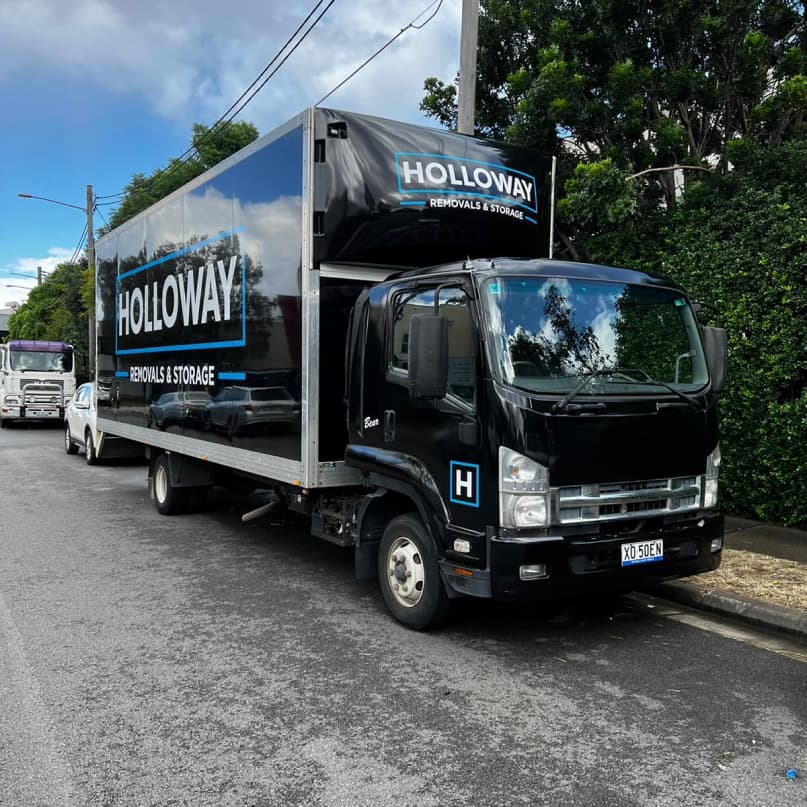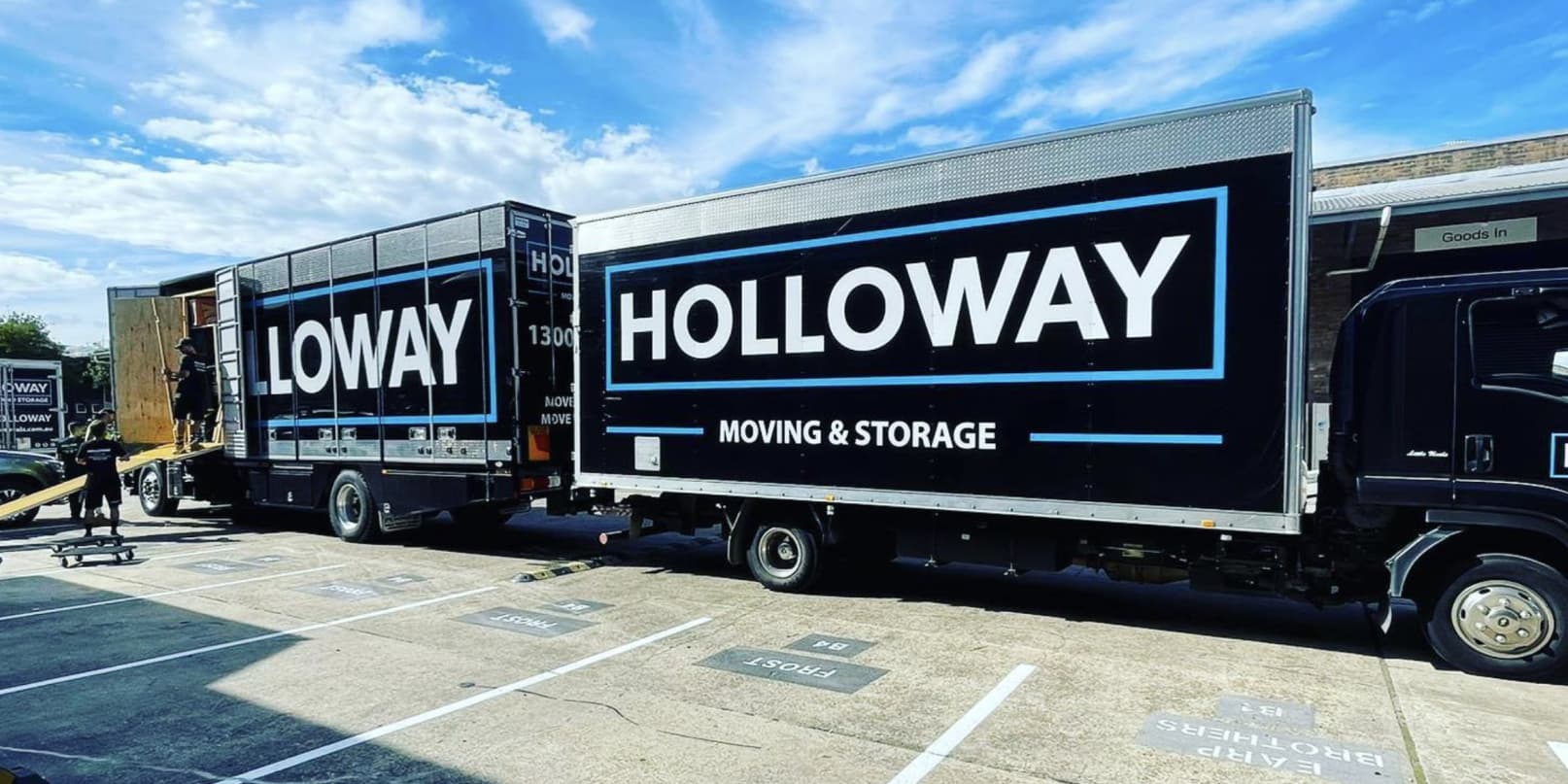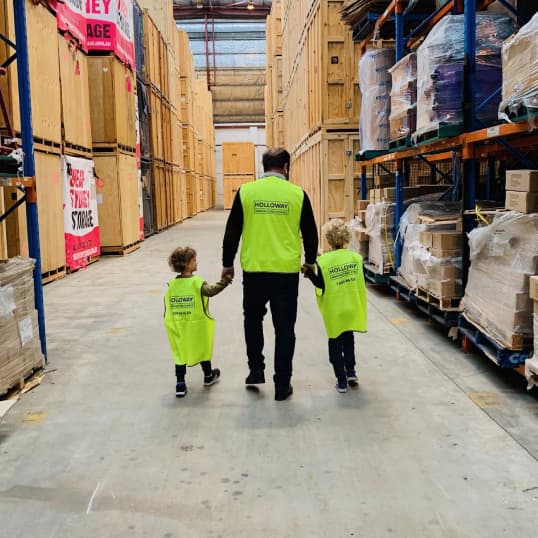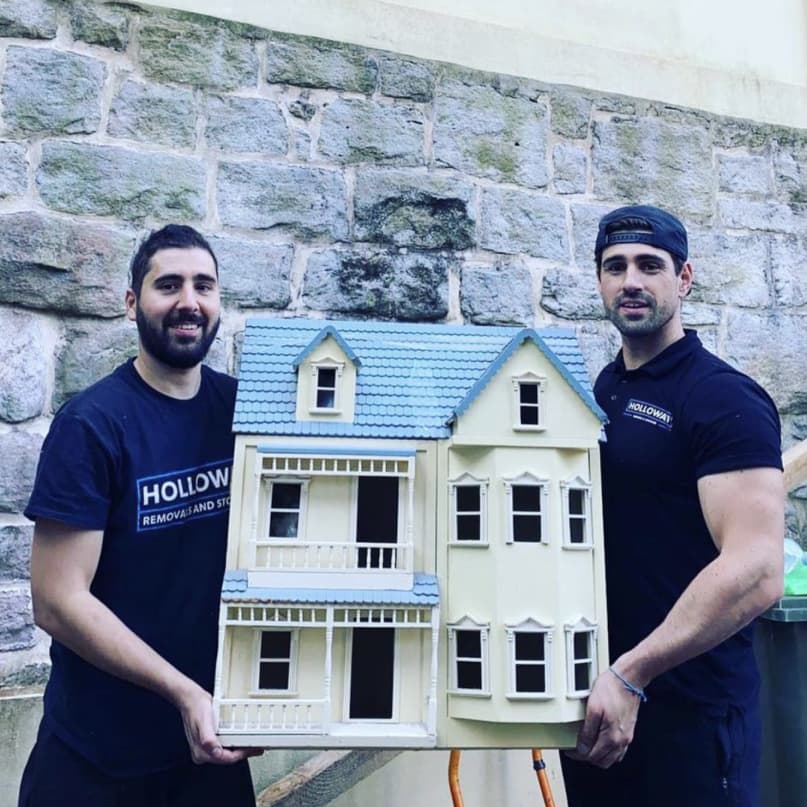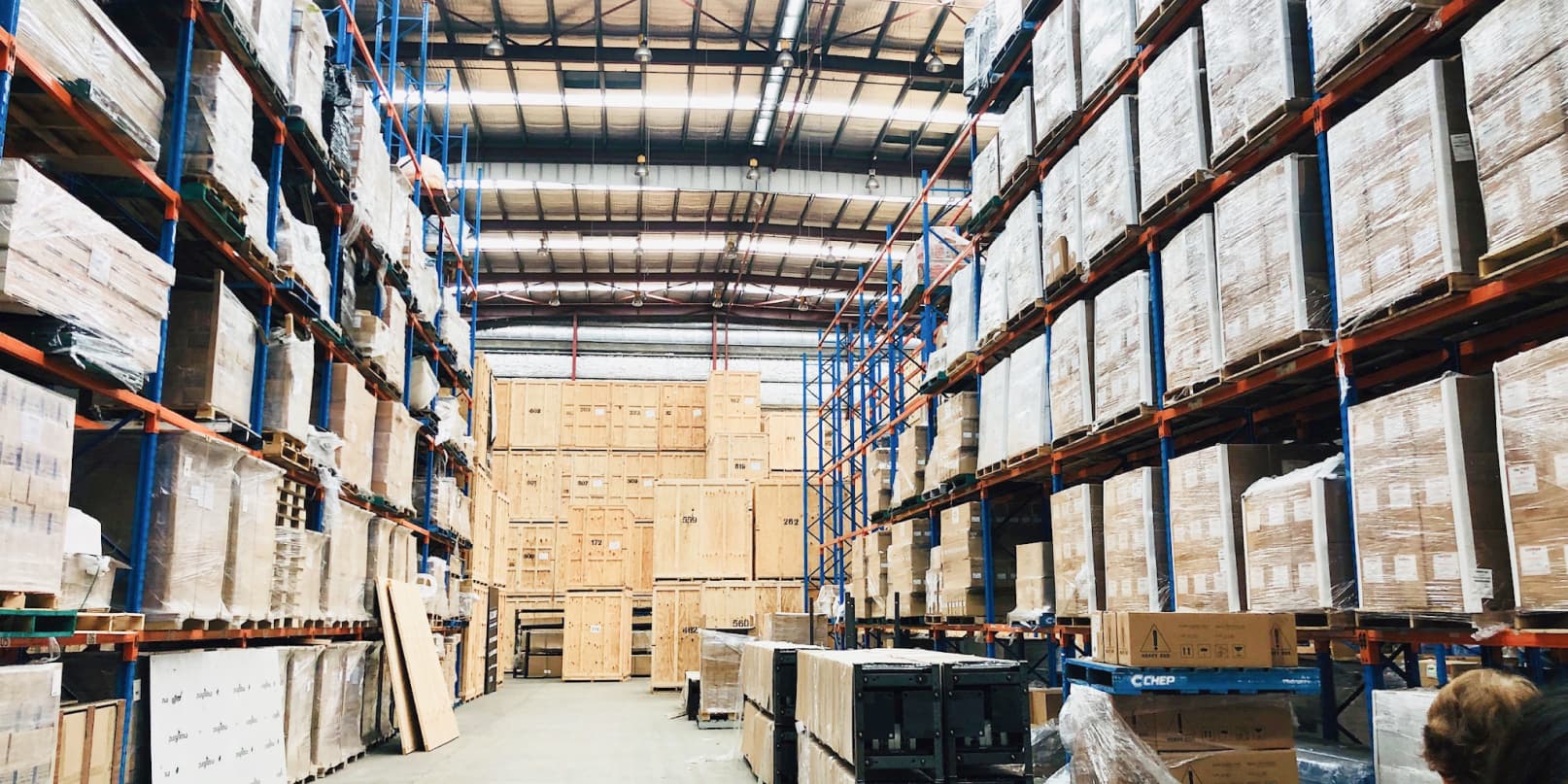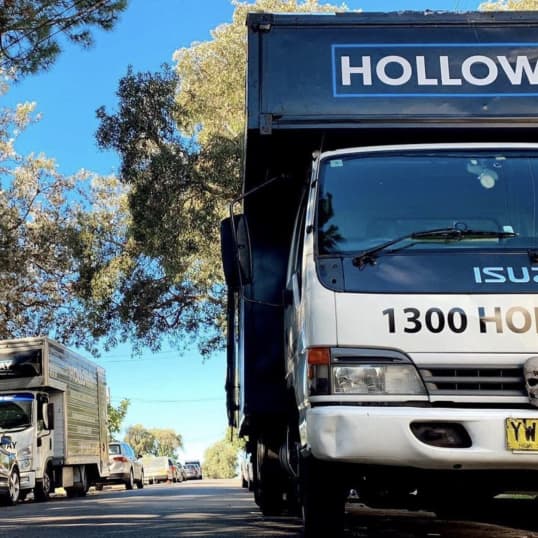

Most homeowners feel pretty comfortable when prepping their home for a move with the exception of one area—the home garage. What is safe to pack? Should you pack power tools? What about all the odds and ends you’ve collected over the years?
If you find yourself in this situation, fear not! We’ve gathered our top 5 tips on how to safely and efficiently pack your garage in preparation for your Sydney move.
1. Get Rid of the Garbage
Anyone with a garage knows that this area of the home where old, broken, or unnecessary items go to die. Often, we toss things into the garage with the intention of throwing them out on garbage day but we inevitably forget, and the broken bits end up getting pushed further into the recesses of the space and are eventually forgotten.
Before you even think of packing things away, go through your garage space with a fine-tooth comb and sort the contents into piles: things you want to keep, things you no longer want but can donate or sell in a garage sale, and things destined for the dump.
2. Collect Your Packing Supplies
Before you start packing, make sure you have all the necessary supplies, including:
- Boxes of varying sizes
- Clear moving wrap
- Packing paper
- Bubble wrap
- Ratchet straps and twine
- Moving blankets
- Plastic containers with lids
- Plastic zip-top bags
- Tape
- Markers for labeling
3. Identify “Unpackable” Items
It’s important to know there are some common items found in most garages that cannot be moved by your removalists, as doing so is illegal under the Dangerous Goods Act. Certain items have an increased risk of causing injury to your removal team while others are classified as hazardous if they pose a danger to the environment.
Some examples of products that should not be moved or transported by your removal team include:
- Chemicals used in pool maintenance
- Explosive items like lighter fluid and other aerosol sprays
- Fireworks
- Fuels and acids
- Motor oil
- Paints and paint thinner
- Car batteries that are not in a car
Additionally, some common household items that may be considered dangerous include:
- Everyday cleaning chemicals
- Weed killers
- Fertilisers
Talk to your removal team to find out what they can and cannot transport for you. If you find that you have items that cannot be safely transported to your new home, be sure to dispose of them in a safe and responsible manner.
4. Use the Right Box for the Job
Be sure to pack boxes carefully, using the right size of box for each job. If you have seasonal dishware or fine china stored in the garage, consider using a box specifically designed to pack dishes and stemware. Larger boxes can be used to pack golf clubs, sports accessories, balls, and other items. Take care not to overpack your boxes—if they are too heavy, you increase the odds that your box will fail during transport. Pack heavier items in smaller boxes to keep the weight down or balance one large, heavy item by filling up the remaining space with lighter items like outdoor furniture cushions or pillows. If you have a book or magazine collection in the garage, you’ll want to use heavy-duty book boxes to ensure your reading material is properly protected.
5. Tools Require Special Care
Make sure any power tools you own have been drained of gas. If you are the sort who holds onto original packaging (we salute you!), use that to house your tools during the move. If you’re like the rest of us and ditched the packaging long ago, you’ll be just fine using small to medium boxes, wrapping your tools with bubble wrap or packing paper, and placing them in a box lined with paper or bubble wrap for extra protection. Remember to keep the weight load down for each box.
Lawn tools like shovels, rakes, lawn shears, clippers, and other sharp items should be wrapped in blankets or bubble wrap to protect people from sharp edges. Shears and clippers may benefit from a wrap of tape around the blades to keep them from falling open before being wrapped in bubble wrap or blankets.
Smaller hand tools like screwdrivers, hammers and wrenches may be kept in their toolbox and the entire box wrapped and packed. If you have large sets of tools, you may be better off placing them in a plastic lidded bin, taking care to wrap them in bubble wrap before placing them in the container.
If the idea of tackling your garage on your own is overwhelming, know that your friends at Holloway Removals are here to help. We can give you helpful information on what you can pack, what you can’t, and are available to lend a helping hand when you need it. Our team will quickly and efficiently pack your garage…and the rest of your home…in a fraction of the time it would take you to get the job done.
Make your next move the right way…with Holloway.





